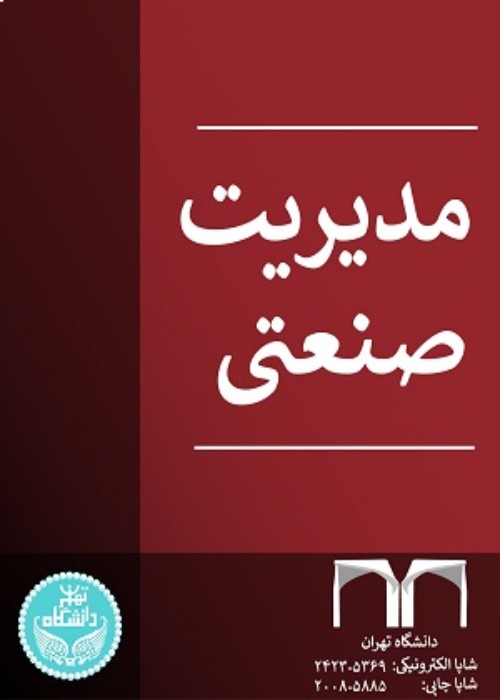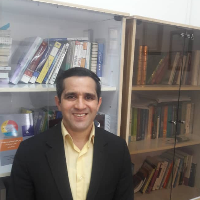Utilizing Vehicular Ad Hoc Networks (VANET) for the Design of an Industrial Waste Reverse Supply Chain: A Case Study in the Iranian Automotive Industry
In recent years, there has been a growing global concern regarding the escalating production of waste. As countries continue to industrialize, the challenge of managing and disposing of waste properly has become a daily issue. Consequently, the fate of industrial goods and products has become a topic of significant interest to consumers. Waste management operations and network design in the automotive industry differ in certain aspects from those in other industries. This difference basically comes from the complex structure of the supply chain in the automotive industry. A large number of sectors are involved in the supply chain, which makes it difficult to control and manage the reverse network. In addition, the high customization in cars means that the parts or components are not the same, and for this reason, it is difficult to predict the recycling of parts or materials. Also, the world is currently confronted not only with the challenges of environmental preservation and sustainability but also with rapid technological advancements in digitization and automation. This study aims to develop an industrial waste reverse supply chain network mathematical model (Iranian automotive industry) using the vehicular ad hoc network (VANET).
To maximize the economic benefits and minimize the environmental and social impacts, a multi-objective (multicriteria) mixed integer programming (MOMIP) facility location mathematical model was developed in the present study for a sustainable supply chain. The economic goal includes aspects such as income and costs within the supply chain, the environmental goal focuses on factors like carbon emissions during transportation and operations, and the social goal encompasses various elements such as annual accident rates, the well-being of drivers, the residential locations of the workforce, and workforce recruitment and termination. Also, to calculate more accurately, the amount of carbon emissions based on the duration of transportation in the supply chain used vehicular ad hoc network (VANET). Real data for the Iranian automotive industry and GAMS were used for model solution.
The proposed multi-objective mathematical model was solved using the enhanced epsilon constraint method in GAMS based on data obtained from the Iranian automotive industry. The results demonstrate the model's validation accuracy and indicate that the proposed model exhibits strong efficiency, making it well-suited for the Iranian case study.
The results showed that the reverse supply chain is efficient over time by considering the recycling of waste products at the same time as the economic, environmental, and social dimensions, as well as taking into account VANET. The model could determine the centers of dismantling facility, processing facility, and recycling according to the objectives of selection and the flow of materials between the centers. Sensitivity analysis also showed that changes to the parameter of culture making to advertise used car sales have a significant effect on the objective functions.
- حق عضویت دریافتی صرف حمایت از نشریات عضو و نگهداری، تکمیل و توسعه مگیران میشود.
- پرداخت حق اشتراک و دانلود مقالات اجازه بازنشر آن در سایر رسانههای چاپی و دیجیتال را به کاربر نمیدهد.



